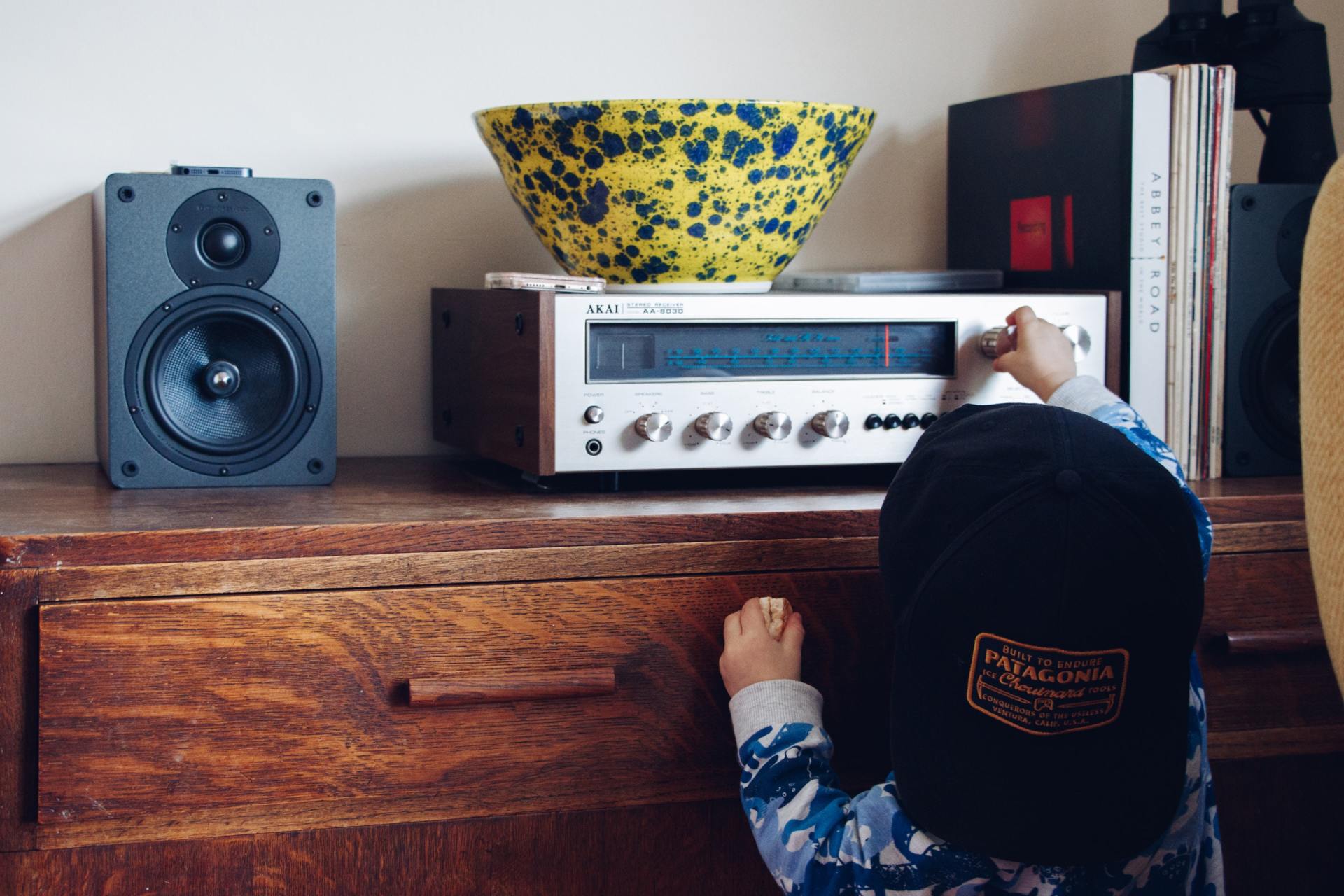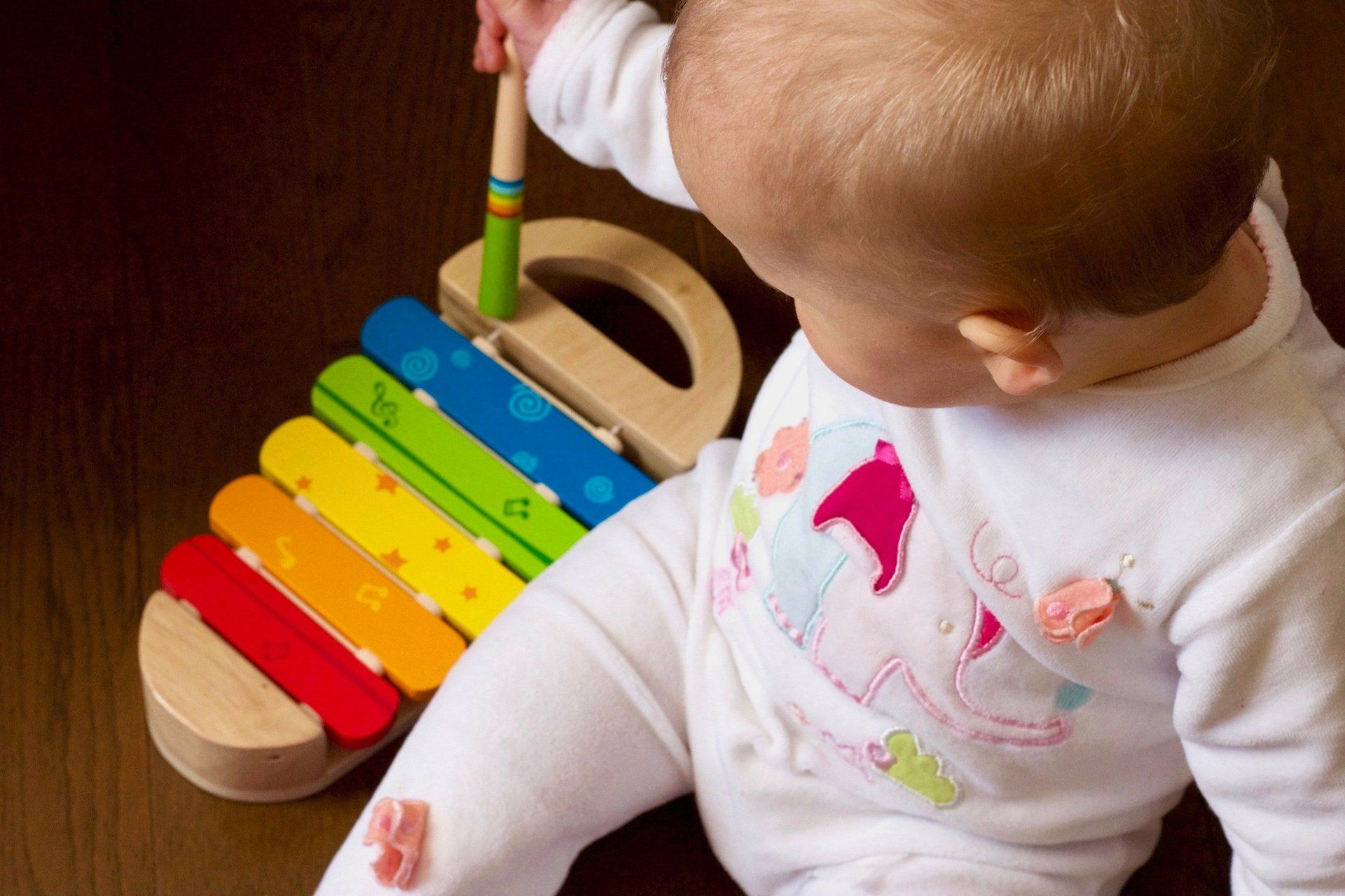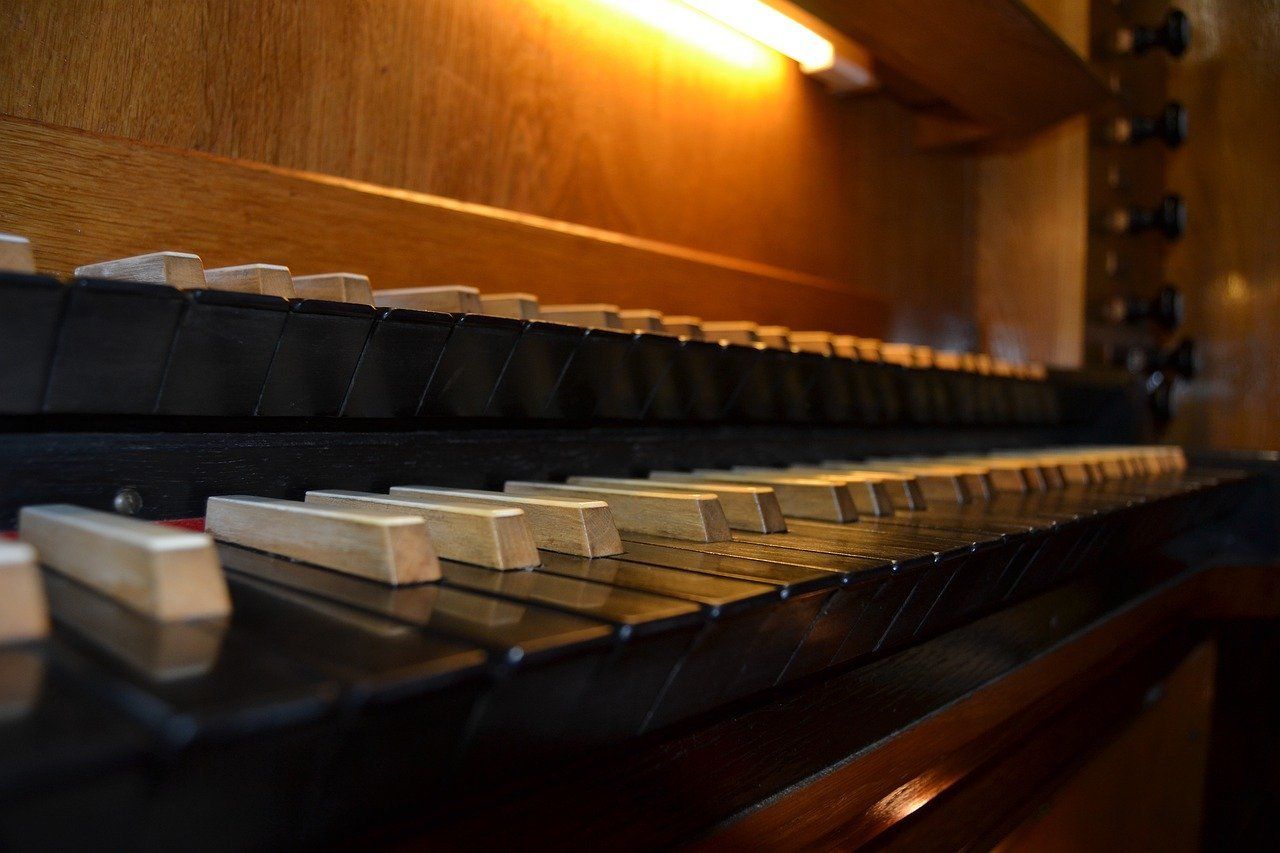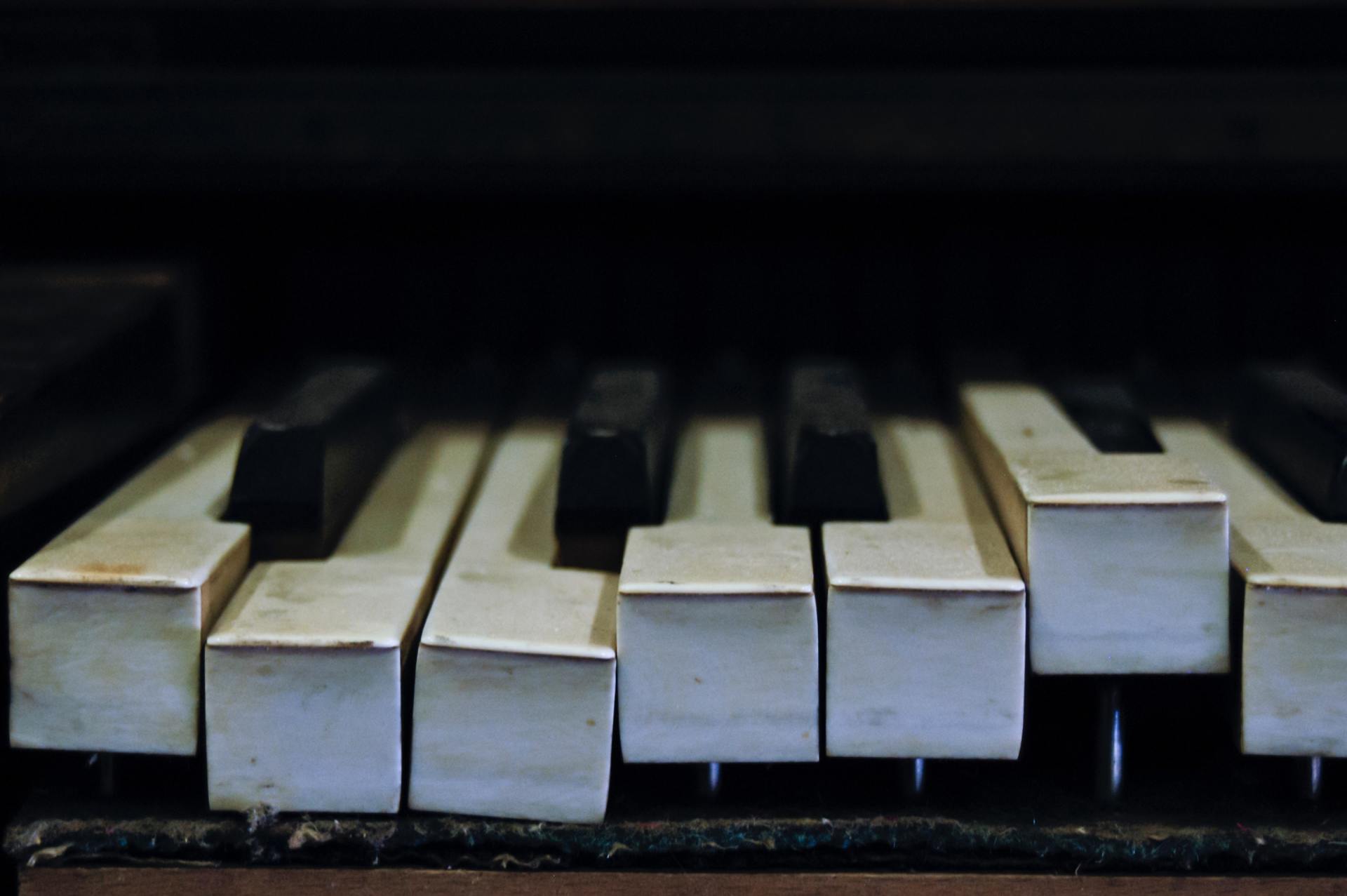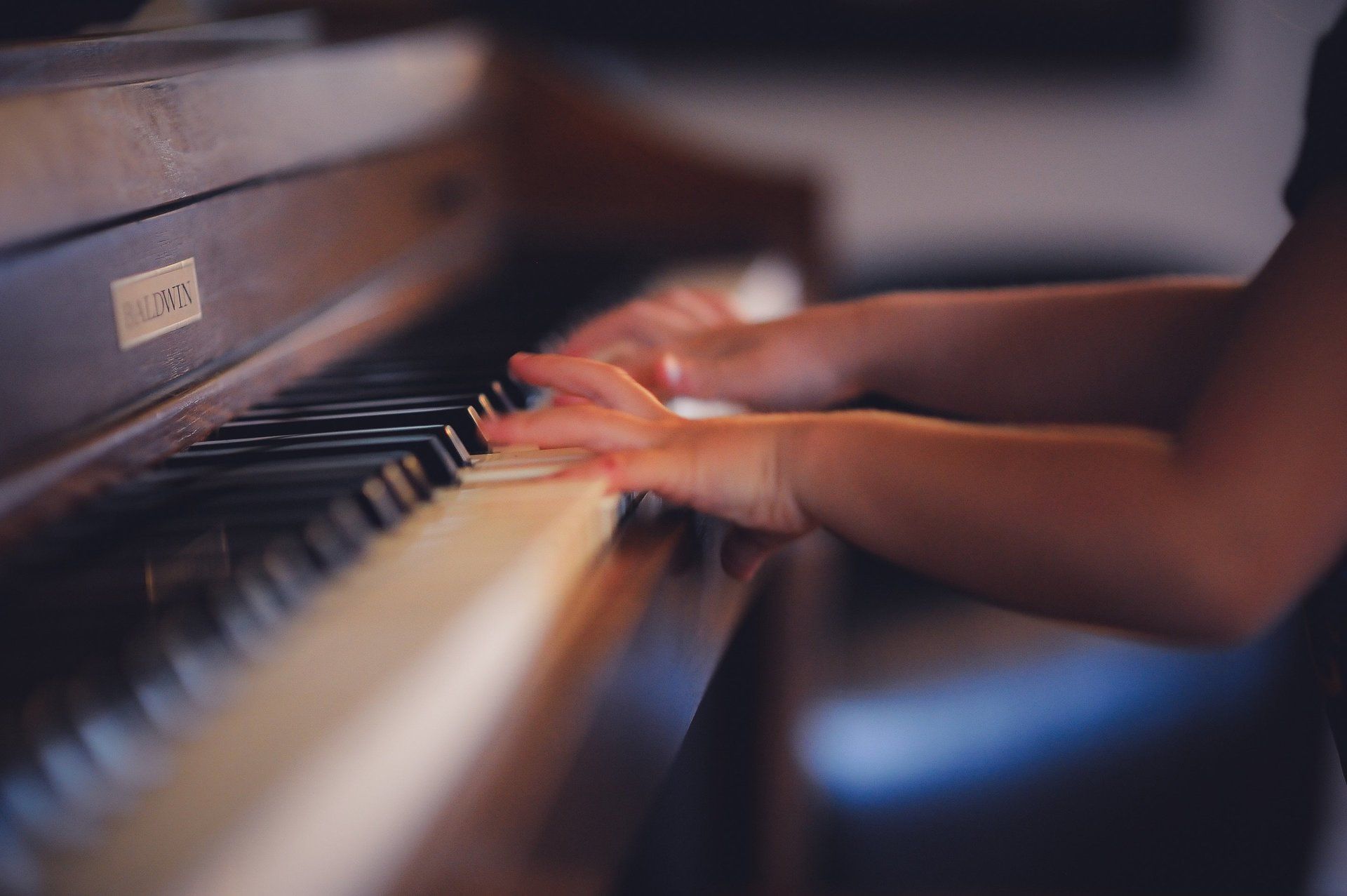Questions To Ask Your Prospective Music Teacher
Piano & Organ Repair Staff • February 11, 2020
The right music teacher will provide the right answers to these questions
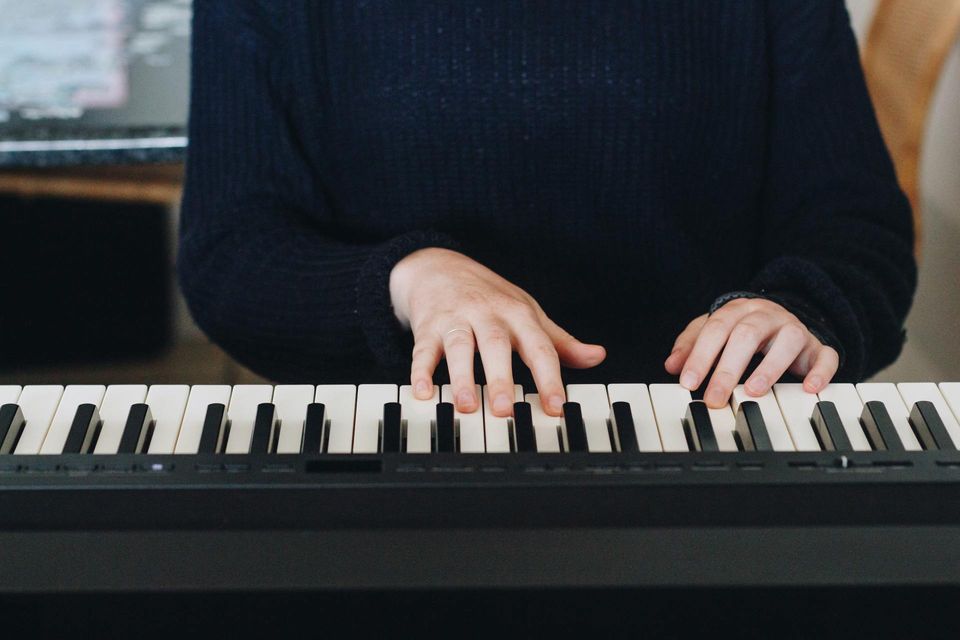
It doesn’t matter your age or background, there’s a good chance that you might have a deep appreciation for music. However, music fans often don’t just listen to various artists and genres - they often want to create music for themselves. However, they might lack the skills to do so, because they have never been properly trained.
If you have children, you might be interested in your child learning the piano. There is evidence that suggests that learning the piano might improve their understanding of math, for example. Of course, this isn’t the only benefit. Your child might also become more disciplined and patient as a result. However, how do you know whether you are hiring the right music teacher? Here are some questions that you might want to ask your next prospective music teacher.
What Kinds Of Music Do You Teach?
One of the great things about music is that there are so many different artists throughout history that offer various perspectives. However, there are some music teachers that might focus on one or two artists, and there’s a good chance that this might eventually get boring.
You might want to ask them about what material they teach, how often they switch the learning material up, and more. At the end of the day, learning about music should be fun and inspire creativity.
What Are Your Qualifications?
This might seem like an obvious question, but it might separate one incredible music teacher from another. There are some people who are simply teaching music lessons for extra cash, while others have a proven track record of getting their students excited about music in a real tangible way. You will want to make sure to ask their professional AND academic background when it comes to music.
You might also find that the music teacher is capable, but has no experience teaching children in a certain age group. This might be the kind of realization that helps you weed out certain candidates from others.
How Do You Charge?
There are different music teachers that charge in different ways - some might charge by the lesson, and others might charge by the month. You will want to get this question out of the way so you can plan financially.
How Is Progress Evaluated?
There’s nothing wrong with having fun during music lessons, but how do you know whether your child is actually progressing in a meaningful way? Does the teacher have any sort of tests or evaluations? How many lessons happen before the next “evaluation”?
There are some students that really take to certain instruments. Will your music teacher be able to adapt to quick learners? Similarly, if it is taking a long time for a student to learn an instrument, will a teacher be able to help make things easier somehow? How do they go about doing this? If you have an understanding about how a music teacher thinks about progress, it will certainly give you some insight into their teaching process.
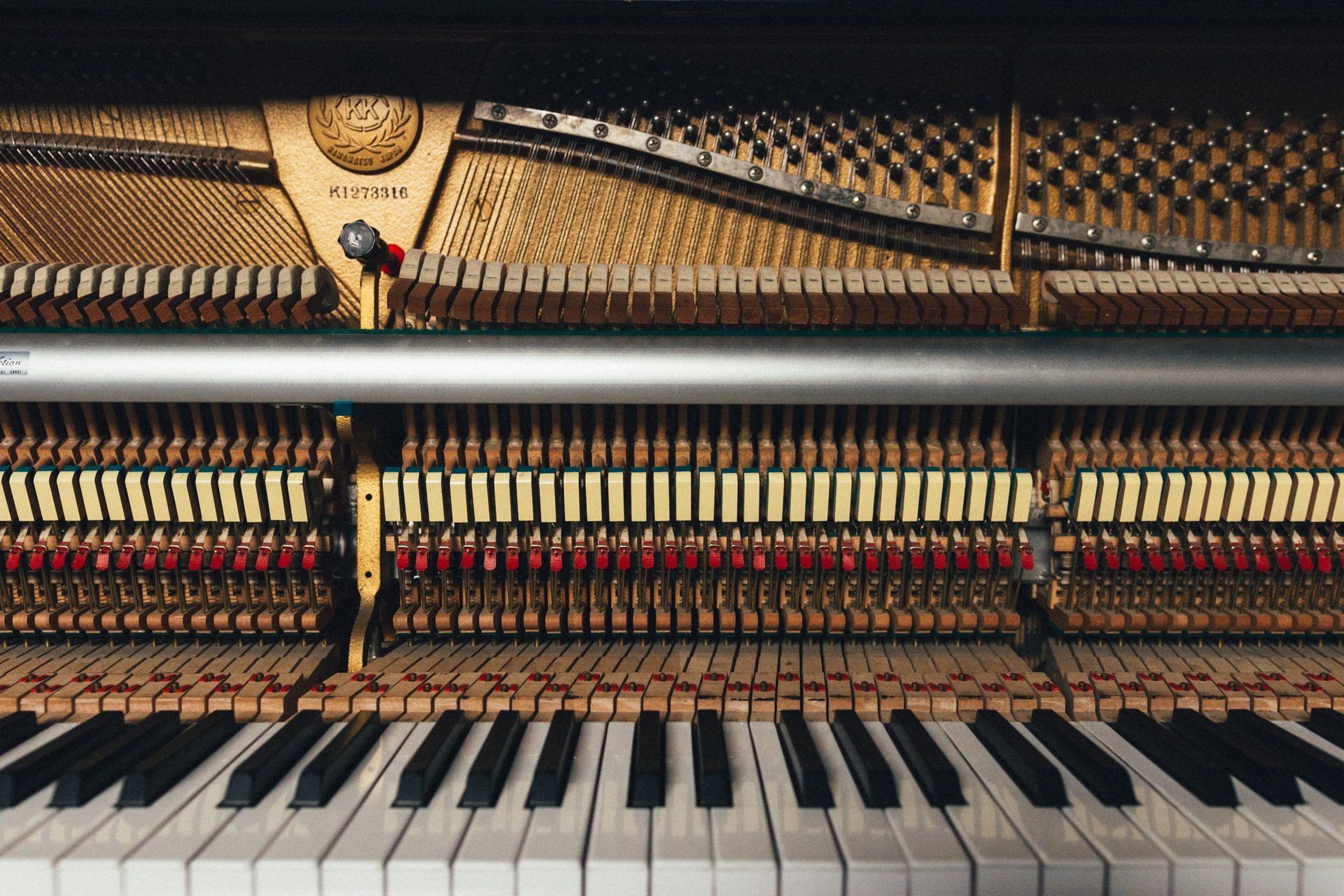
There are plenty of ways to keep our keyboards in good shape, but normal wear and tear will take an inevitable toll; in order to properly maintain your instrument, a maintenance professional is vital. While pianos should be tuned at least once a year, there is likely to be other cause to call for professional help.
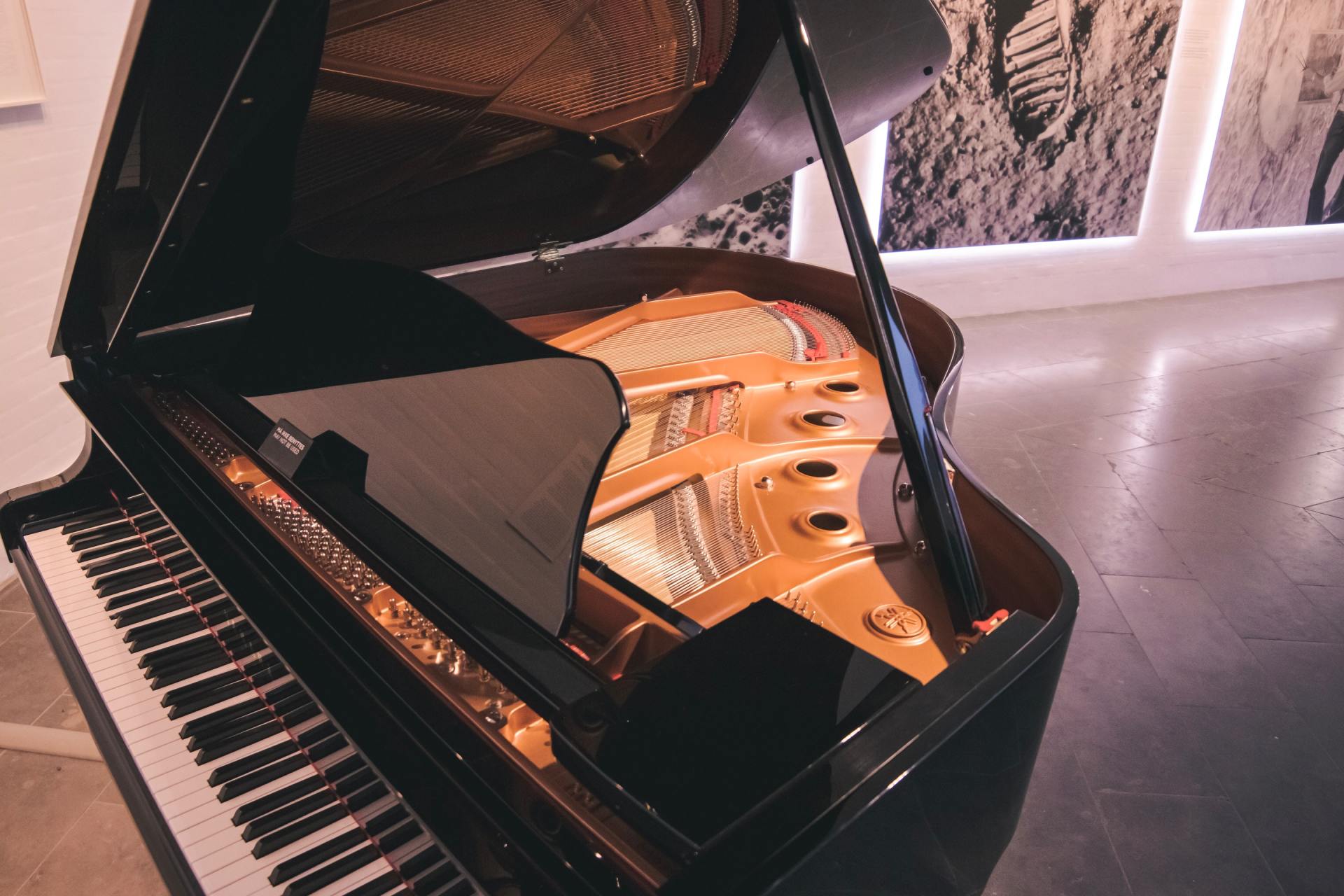
Why Does My Piano Go Out of Tune? Piano strings are under a great deal of tension, which is supported by the frame, plate, pinblock, tuning pins, bridges and soundboard. Anything which effects the position of these parts will cause a change in the tension and make the piano go out of tune. Why Do My Keys Stay Down? Push down on he back end of the key, near the capstan. If both ends of the key go down at once the key is broken. If the back end of the key will not go down, a foreign object, like a crayon has fallen under it. If the back-end of the key goes down and the front comes up, determine if the key or action is sticking. Hold the key down in the back with one hand, raise the whippen with the other hand and release the whippen. If the whippen drops to its resting position properly the key is stuck. If the whippen stays up the trouble is in the action. If the front of a white key binds on the keyslip, remove the keyslip and insert shims made of paper or business card stock in the appropriate places so that the shims will hold the keyslip away from the front end of the keys. Why are My Keys Sluggish? If the piano key plays the action properly, but is slow in coming back up, remove the key and ease both the front & balance rail bushings, or sand spots which bind to the adjacent key. What Should I do About Broken Hammer Shanks? Hammers usually break in the middle. To repair, first remove the butt or flange in a grand piano, in an upright piano use a flange screwdriver. Remember, do not apply excessive pressure to the jack. Apply glue, align the parts and press them together. Remove excessive glue and wrap the joint with heavy thread. The thread may be removed and the shank sanded and cleaned after the glue has dried.

